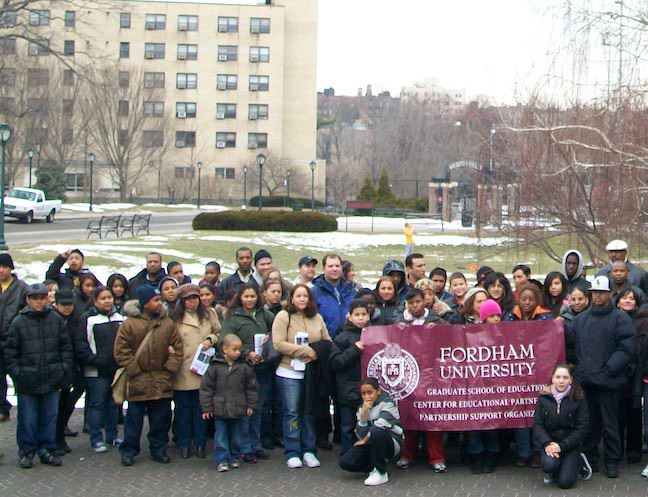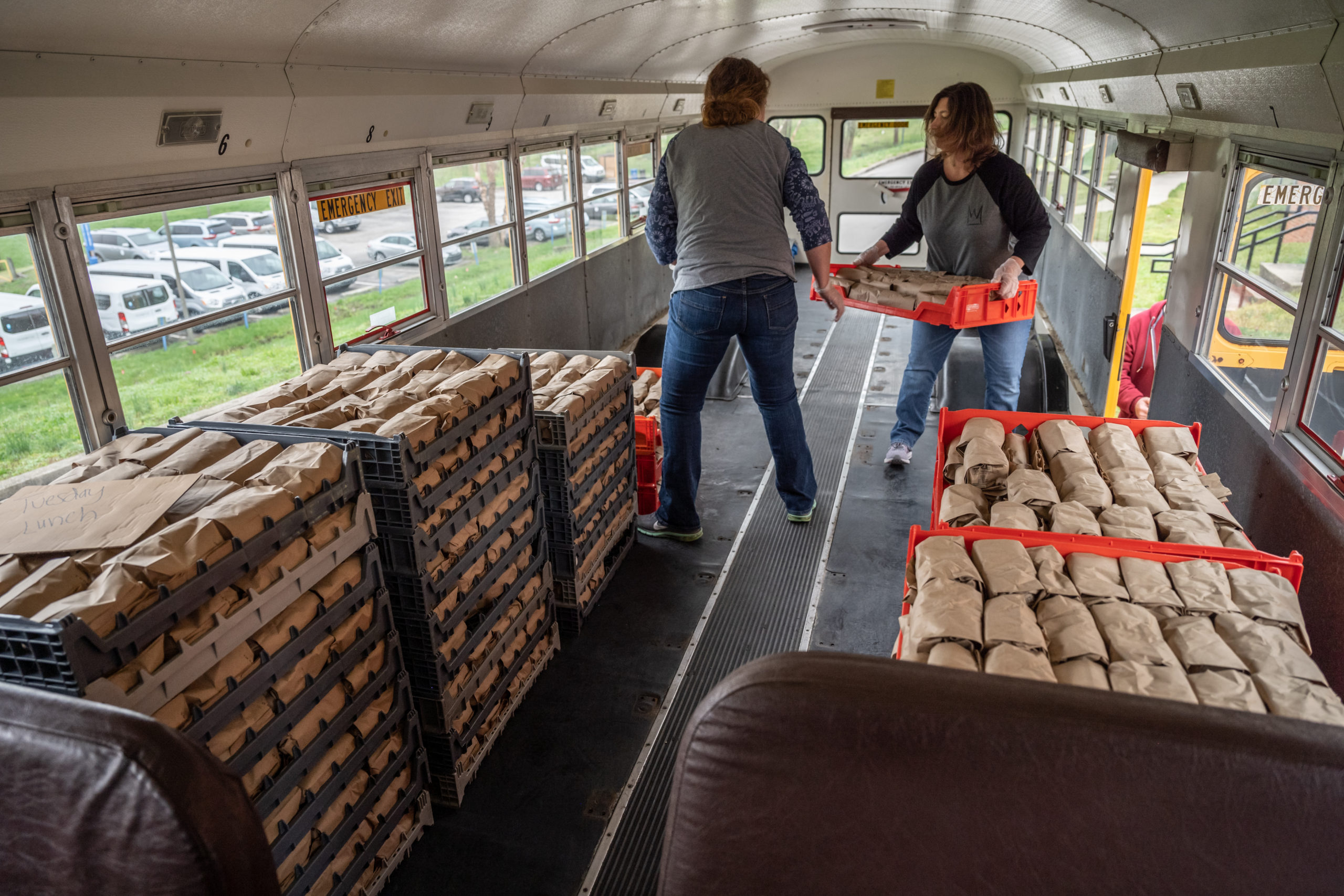Teachers in a few high-needs New York City schools making the sudden shift to online learning during coronavirus closures are receiving some key guidance from Fordham University’s Graduate School of Education.
The graduate school’s Center for Educational Partnerships offers extensive, state-funded outreach across the city. And since the COVID-19 pandemic sent all New York City students home last week the support has kicked into an even a higher, yet virtual gear at two community schools in The Bronx.
The Center has long had embedded, bilingual staff in both buildings, Associate Dean Anita Vazquez-Batisti says.
“The schools right now are somewhat overwhelmed,” says Vazquez-Batisti, who runs the Center. “They want a little bit more help with family engagement.”
More from DA: 41 free K-12 resources during coronavirus pandemic
New York City schools began teaching online on Monday. And this week, the Center has been providing virtual professional development in online teaching and in how to provide students with social-emotional learning support despite not meeting face-to-face.
Students and families are experiencing feelings of isolation as parents may have lost jobs or face uncertainty over their immigration status, Vazquez-Batisti says.
 The Center’s school-based mental health counselor and a behaviorist are set to begin connecting with students and families virtually.
The Center’s school-based mental health counselor and a behaviorist are set to begin connecting with students and families virtually.
In the coming weeks, the Center hopes to expand support to more city schools. “Our initiatives have never stopped, but now they’re virtual and they’re being tweaked almost daily as things evolve,” Vazquez-Batisti says. “We’ll continue our mission of promoting equity and access but in a new paradigm.”
College helps feed K-12 during COVID-19.
In Kentucky, Berea College has ended its school year and sent students home, but those moves haven’t stopped community outreach efforts.
Last week, the college’s Berea Kids Eat program, which is part of its Grow Appalachia initiative, partnered with campus food services to begin feeding local K-12 students who are home while their schools are closed due to the coronavirus.
Berea Kids Eat already operates a summer feeding program and sends home weekend meal backpacks for Berea Independent School District students.
“This is a wonderful equalizer between the college and the town,” says Teri Thompson, the college’s vice president for strategic initiatives. “There can sometimes be a healthy tension between the community and the campus, and the number of people who immediately turned to us is a realization of Berea serving as an anchor institution in the community.”
About 70% of the district’s students qualify for free-and-reduced lunch while about a third live below the poverty line, Thompson says.
More from DA: How districts make school meal distribution familiar and safe
Demand for meals was so high during the first week that the school district’s dining employees have now joined the effort to prepare meals, which are being served out of the high school gym.
Volunteers are delivering food to families who lack transportation.
 “School personnel have been so solid on this,” says David Cooke, director and founder of Grow Appalachia. “They’re willing to do anything to help these kids.”
“School personnel have been so solid on this,” says David Cooke, director and founder of Grow Appalachia. “They’re willing to do anything to help these kids.”
Safety precautions are being taken: for example, the staff members who pack the meals have their temperatures taken when they arrive.
Also, they are barred from bringing their phones—to prevent the spread of germs that may be on their screens.
The college is also supporting school districts in Floyd, Perry and Pike counties, where Berea’s school-based college-and-career Navigators are delivering meals to students, and picking up and dropping off weekly assignments.







